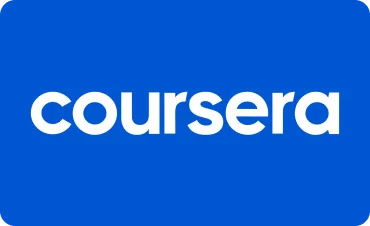When you enroll through our links, we may earn a small commission—at no extra cost to you. This helps keep our platform free and inspires us to add more value.

Science Communication: Communicating Trustworthy Information in the Digital World
Master the Skills of Tomorrow with Coursera! From AI and Blockchain to Public Speaking and Psychology, Explore Courses Tailored for Your Success.

This Course Includes
 coursera
coursera 4.5 (56 reviews )
4.5 (56 reviews ) 6 hours
6 hours  english
english Online - Self Paced
Online - Self Paced course
course Erasmus University Rotterdam
Erasmus University Rotterdam
About Science Communication: Communicating Trustworthy Information in the Digital World
In a world of information overload, how does one find reliable information? Science is supposed to be the answer to our society's complicated challenges. However, as the Covid-19 pandemic highlighted, not understanding what is fake news, misinformation or what is fact may lead to widespread public mistrust, or turn science into fuel for conspiracy theories or propaganda. Scientific findings are prone to change, making it difficult to effectively communicate them to the public. This fosters broad public skepticism towards major institutions, from the government to media to science. So, how can we communicate science effectively? And how can we rebuild trust in science? As a result, it is critical that we reconsider our science communication practices to recover public trust.
This course offers a current overview of science communication. We cover a wide range of topics like fake news, mis- or disinformation, but also how to combat these practices. We explore how major stakeholders (scientists, policymakers, science communicators and citizens) can work together to improve science communication. And we tackle how people and organizations can earn and maintain public trust via effective science communication. We recommend this course to scientists, journalists, policymakers or any learners interested in science communication. More information can be found at www.trescaproject.eu (This project has received funding from the European Union’s Horizon 2020 Research and Innovation Programme under Grant Agreement No 872855.)
What You Will Learn?
- Learn about the best practices for effective science communication Understand how different stakeholders (policymakers, scientists, journalists) approach science communication Learn about the advantages and drawbacks of communicating science in digital media and their implications for public trust. Develop hands-on skills using tools and resources to evaluate information in digital media..